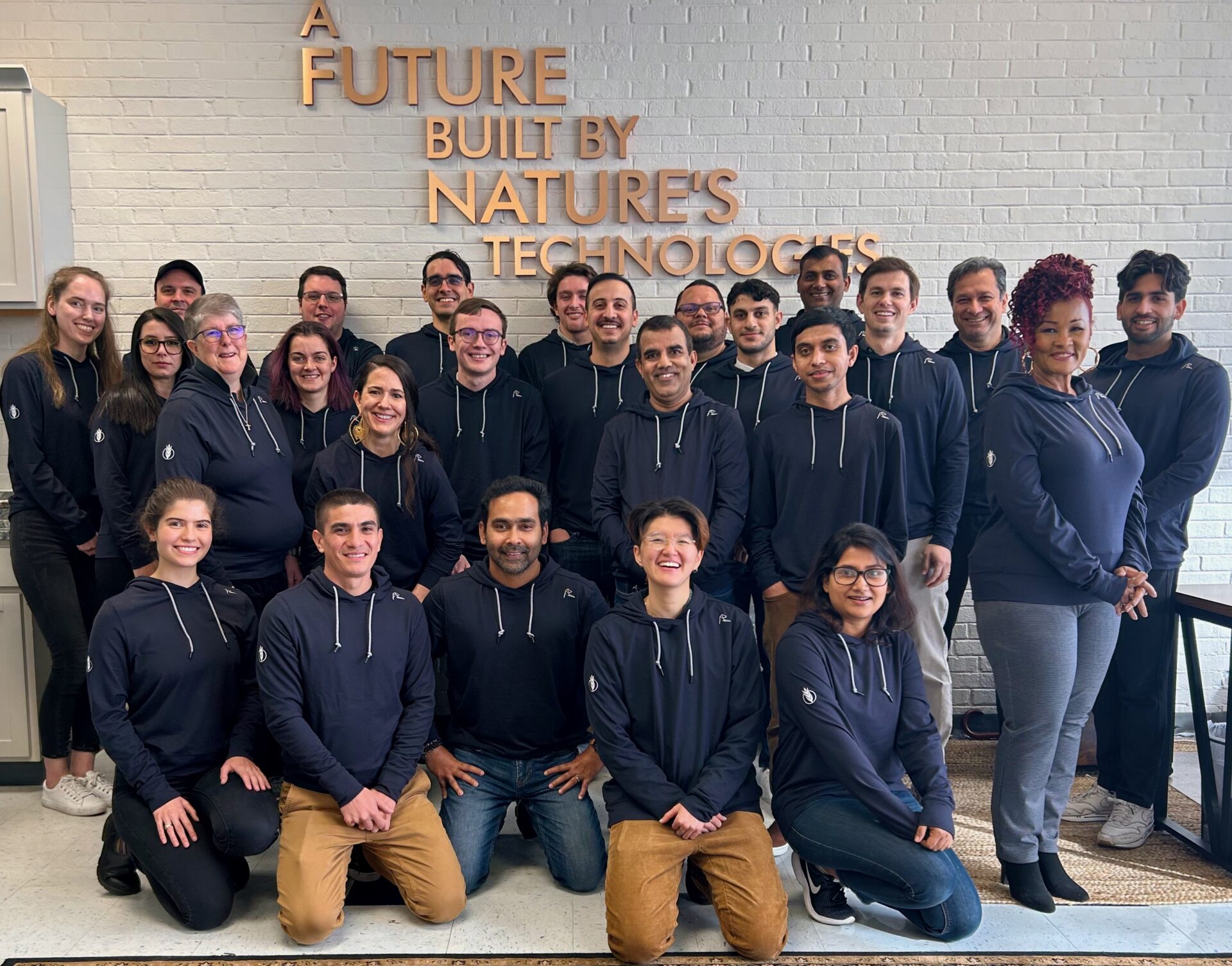While generally seen as safer for planetary health, biopesticides are frequently less effective than their synthetic counterparts, with success rates varying wildly. It’s one reason many growers remain hesitant to adopt this class of crop protection products.
US biotech startup AgroSpheres is addressing this with a novel delivery system that encapsulates and delivers pesticides to plants in a more targeted approach than traditional methods. This has the potential to reduce pesticide use and avoid the damage to biodiversity that often happens with conventional crop protection.
“Our technology allows for manufacturing, encapsulation and delivery of that biological pesticide all in one platform,” AgroSpheres cofounder and CEO Payam Pourtaheri tells AgFunderNews.
“I don’t think there are any other technologies out there that are working on biologicals in this form with an emphasis on manufacturing and delivery. They’re focused on maybe microbes as the active ingredient or they isolate one component such as a peptide and then figure out its optimal formulation for field delivery later.”
He believes Agrospheres’ differentiator is “a fully vertically integrated platform where you can go from our proprietary strain to the finished, encapsulated product. And the encapsulation provides great stability during production, purification and shelf life — unprecedented stability for a biological material.”
Charlottesville, Virginia-based AgroSpheres just completed a $25 million Series B round after “a strategic investment” from agricultural sciences company FMC Corporation.
Lewis and Clark AgriFood, Ospraie Ag Science, BIDRA Ventures, and Cavallo Ventures also participated in the round.
‘One of the most important innovations’ in crop protection
Environmental factors such as high heat or UV rays can break down biologically derived ingredients in the field and impact performance of a biopesticide, says Pourtaheri.
AgroSpheres’ encapsulation technology forms a protective shell around the RNA, physically shielding active ingredients in a pesticide from environmental pressures. It can then deliver what the company says is “a consistent gene silencing response so the crop protection product can perform as intended.”
“When the pest consumes a plant treated with AgriCell, the RNA provokes a rapid cellular response that terminates the pest.” Because the approach is targeted, it does not impact other insects such as bees.
Both targeted pest and treatment biodegrade after this process; Pourtaheri highlights that AgroSphere’s tech is also “fully microplastic-free.”
“Having a Ferrari is pretty meaningless if you don’t have the keys to start it,” investor Carl Casale, senior agricultural partner at Ospraie Ag Science, says. “AgroSpheres has the missing link in delivering reliable field performance and opening up new markets for high-performance biopesticides. We see it as one of the most important innovations in crop protection products in the last four decades.”
Providing a bridge from chemicals to biologicals
“Where we were strong was in our references,” Pourtaheri says of the fundraising process.
“People who have tested the technology, farmers who have sprayed it, university professors who have sprayed it, partners in the industry who have touched the material. I think that really helped us out.”
“Of course it was difficult,” he adds in reference to the current tough fundraising environment. “We talked to everyone and found a really good cap table of investors: two great agtech VCs and three really good strategics spanning distribution, nutrition and protection.”
The new funding will partly go towards a pilot facility which AgroSpheres is currently building in Charlottesville.
The company is also working towards regulatory approvals with the United States Environmental Protection Agency (EPA) as well as a new pipeline of products.
“We’ve been able to start co-developing with some of the majors and now we’ve developed a new pipeline of products that we’re bringing to develop with the majors,” says Pourtaheri.
He says the company aims to have its first product approved and in market by the end of 2024.
AgroSpheres also recently launched a plant health program with the Institute for Advanced Learning and Research to develop novel compounds to increase yield and provide drought tolerance to plants.
“We’re hopefully going to provide a nice bridge from chemicals to biologicals; we need both to work in this space. And we’re well suited to be working at this at this junction where it’s a very important time to bridge the agricultural practices towards more sustainable ones.”





